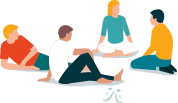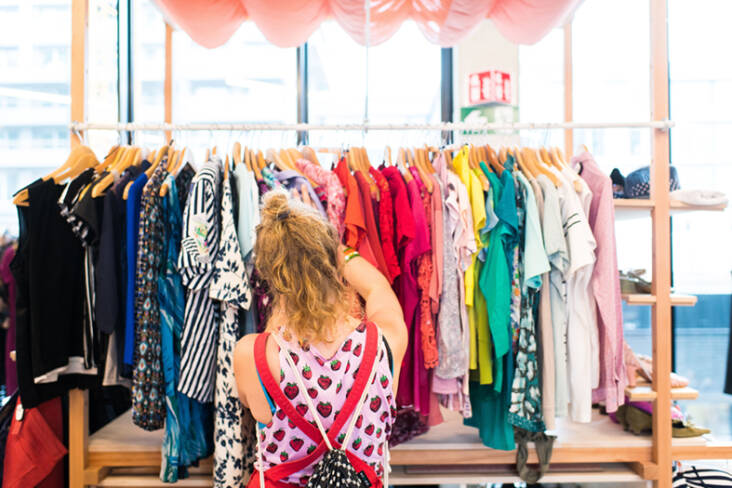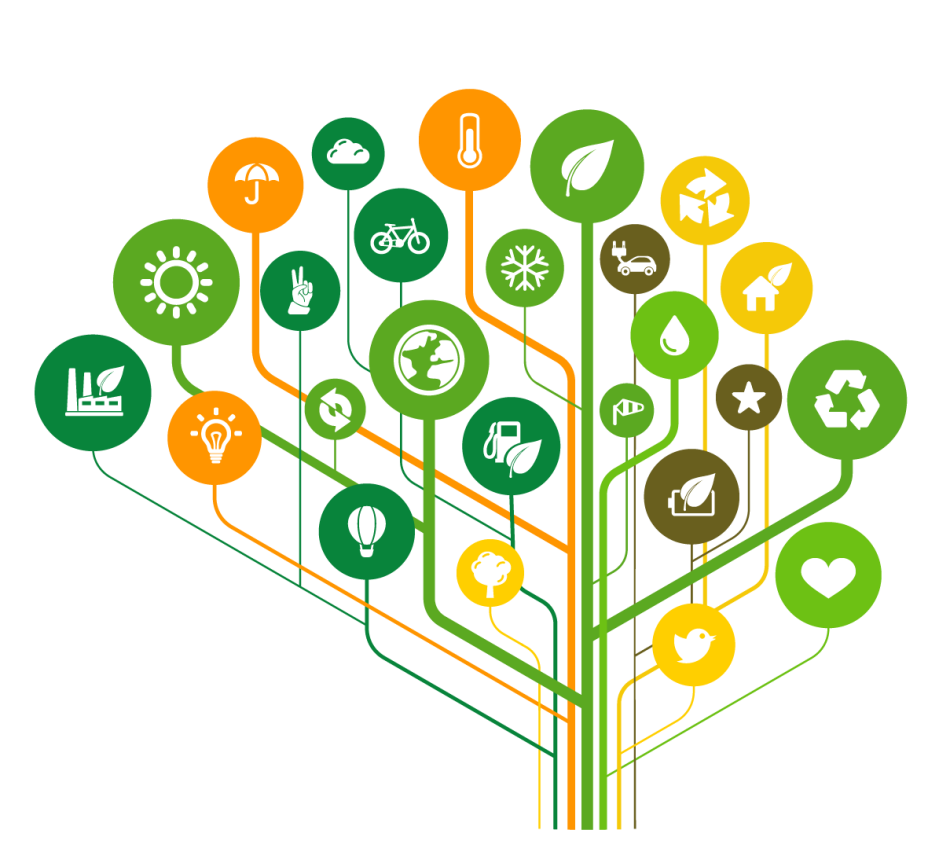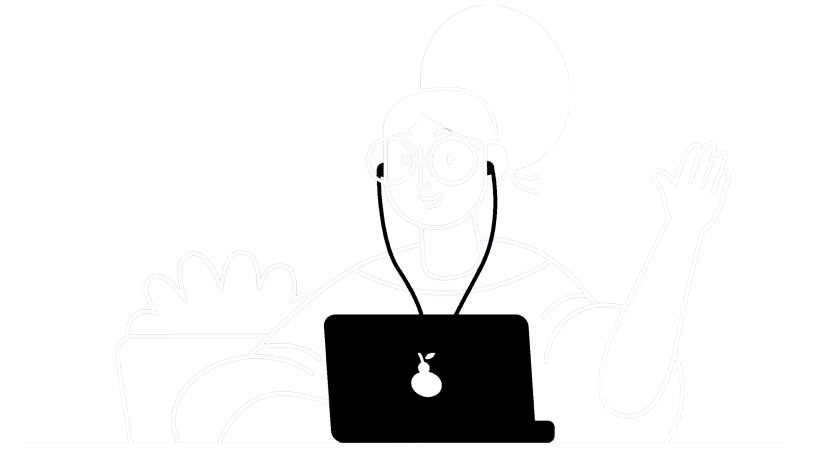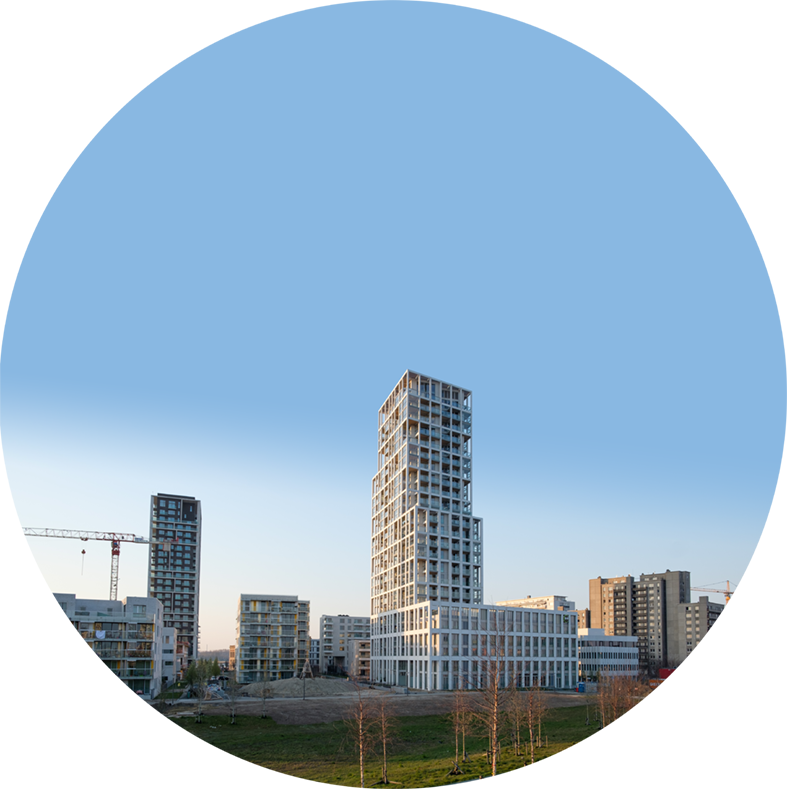

SCROLL


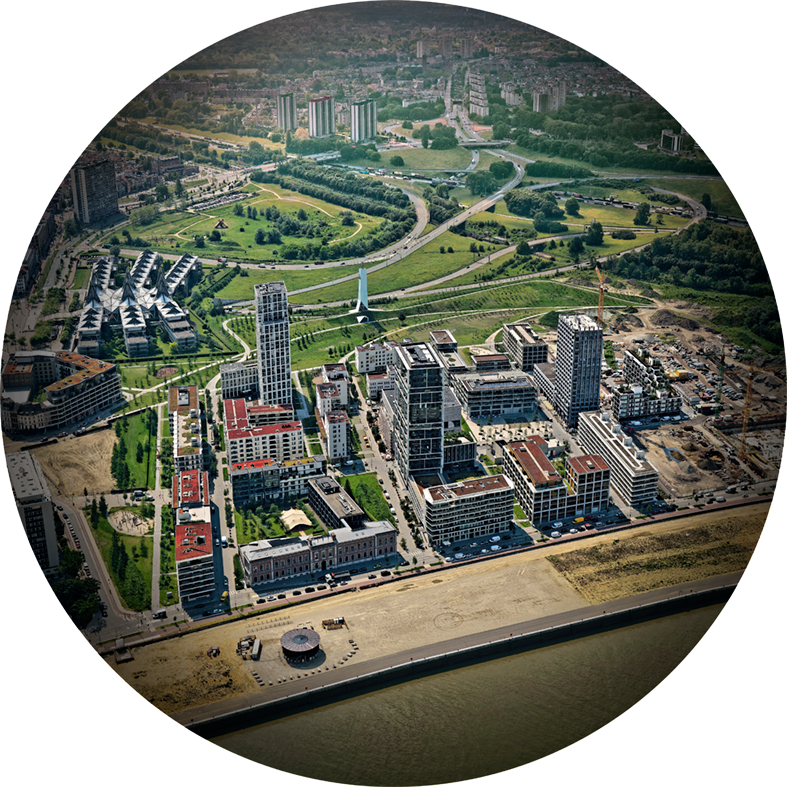
<
Circular South partners
The most important partners in this project were the residents of New South.
They contributed by using less, repairing materials and reusing them, and investing in solar energy.
The goal: to come to a behavioural change and live circular without having to lower their quality of life.

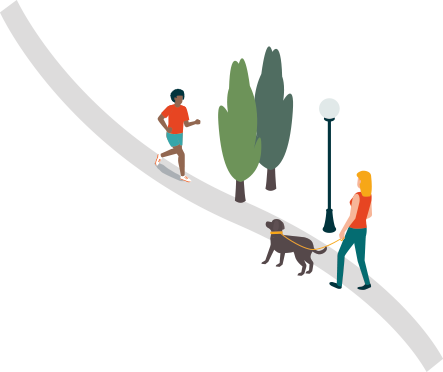
With 529,000 residents, Antwerp
is the largest city in Belgium.
By 2030, the population will grow, with the demand for homes also increasing. To keep the city liveable, Antwerp is doing everything to become a climate neutral, climate-robust city by 2050.
This means reducing or even eliminating greenhouse gases such as CO₂, and preparing Antwerp for the consequences of climate change, such as heat, drought and heavy rainfall. This is why new, sustainable neighbourhoods like New South are necessary.
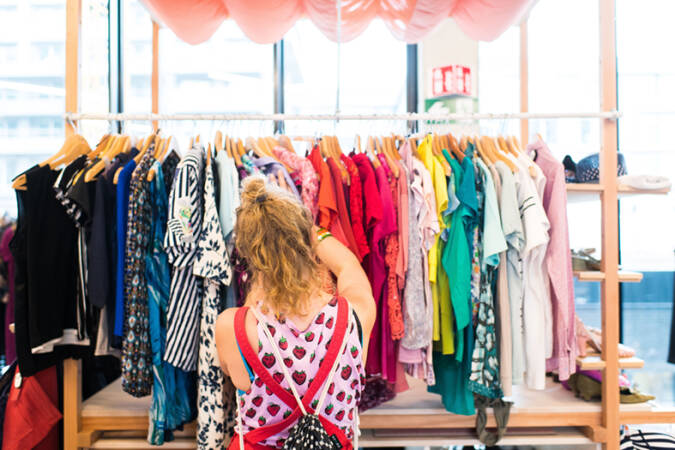
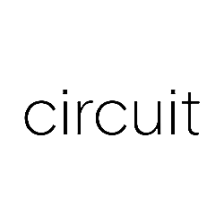

De Kringwinkel gives used items a second life.
In doing so, it takes care of the environment and provides social employment. Every year, De Kringwinkel collects approximately 83,000 tons of goods and give work to 5,300 people.
In Circular South, it also runs circuit the circular experience house, the repair workshop, the equipment library and all workshops on repairing and reusing equipment.
© SHUTTERSTOCK
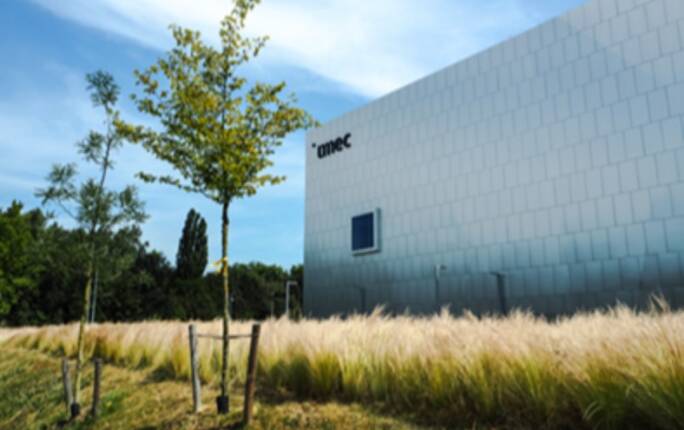
Imec is the Flemish research centre for nano electronics and digital technology, with 4,000 employees.
They do academic and practical research and support companies and governments in the development of digital applications. By developing microchips and software, they help to build smart cities, mobility, energy and health. They make sure that through the apps, residents regularly receive tips on saving energy and water and reducing garbage.


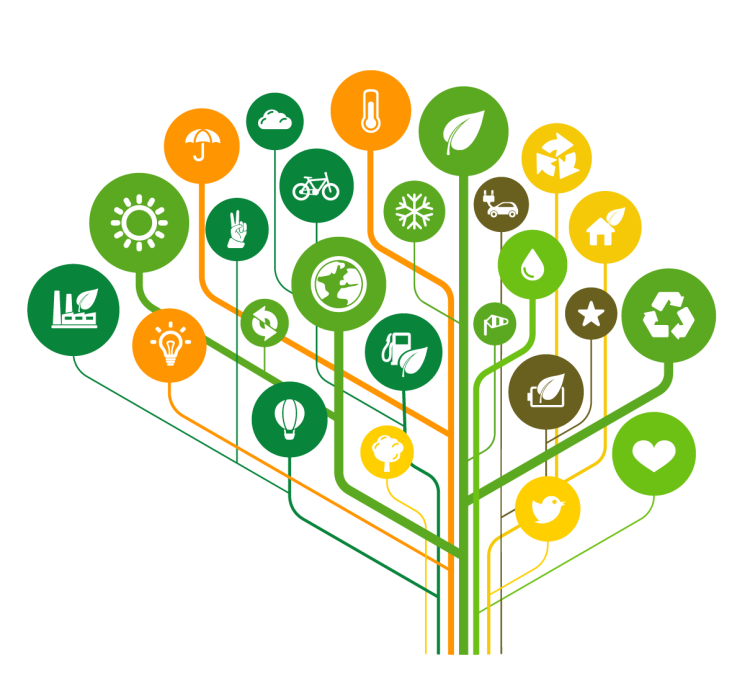
EnergieID is a cooperative company that helps groups of people with measuring and monitoring energy, waste and transport—individually and collectively.
They developed the Circular South app. Through this app, the residents are able to monitor their energy use and the amount of garbage they are disposing of.
© RONNY BRITS

Ecopower is a public cooperative that invests in renewable energy.
Anyone who co-invests in the production of renewable energy can use green energy at home. Ecopower established a neighbourhood energy group in Antwerp South to work on energy generation, saving energy and the encouragement of community solar panels.


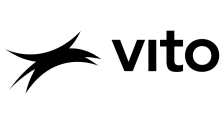
VITO is a Flemish independent research organisation that aims to accelerate the transition to a sustainable world through technological solutions.
VITO is a partner in EnergyVille, which performs research into sustainable energy and smart energy systems. Together with Ecopower, VITO established the neighbourhood energy group. They also advise on sustainable energy installations.
© VITO
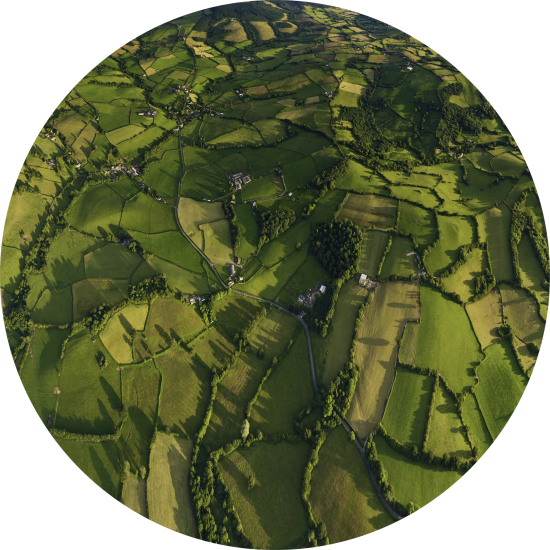
Digipolis Antwerpen is the IT partner of the City of Antwerp.
They make sure that the app and the online platform behind it are linked to the systems used by the city. Digipolis Antwerpen also developed the rewards system.


Pantopicon is a consultancy agency
that guides organisations and companies on change.
Pantopicon supported the project in everything to do with participation, brainstorming sessions between residents, and behavioural change.
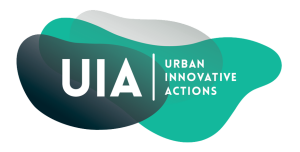
In the European Union, Urban Innovative Actions (UIA) offer urban authorities possibilities and resources with which to take risks and to experiment with the most innovative and creative solutions. These solutions test the most important urban challenges, showing how they work in practice and respond to the complexity of real life.
Approximately 359 million people—72% of the total EU population—live in cities, communities and suburbs. Urban regions are being confronted with a number of interrelated challenges in areas such as unemployment, migration, demographics, water and soil contamination. They are also proponents of new ideas and solutions, dynamic places where changes occur on a larger scale and at high speed.
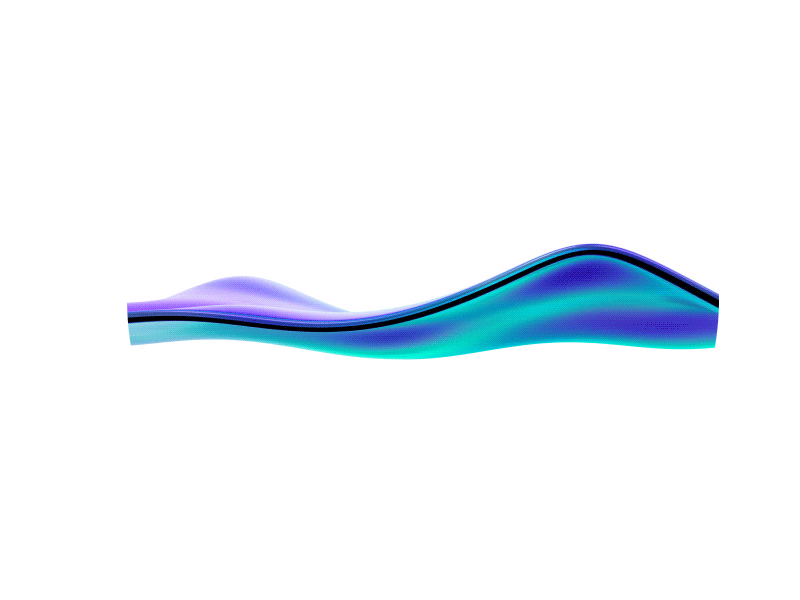
The Flemish government supports urban renewal projects.
They serve as leverage projects for integrated urban development that delivers added value economically, ecologically and socially. Their goal is to increase the attractiveness, sustainability and liveability of cities.
The projects invest in urbanity: public spaces, infrastructure, utilities, public services, green-blue areas, and the institutional framework, as well as the social and cultural connections, in which city residents socialise and participate.
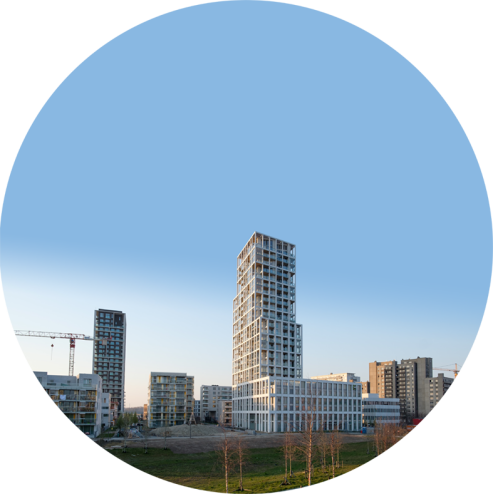
© ANNE DRAKE
© DRIES LUYTEN

